Halal is not just about the strict regulations of a growing industry, but also the ethical foundation and cultural identity of Muslim communities around the world.
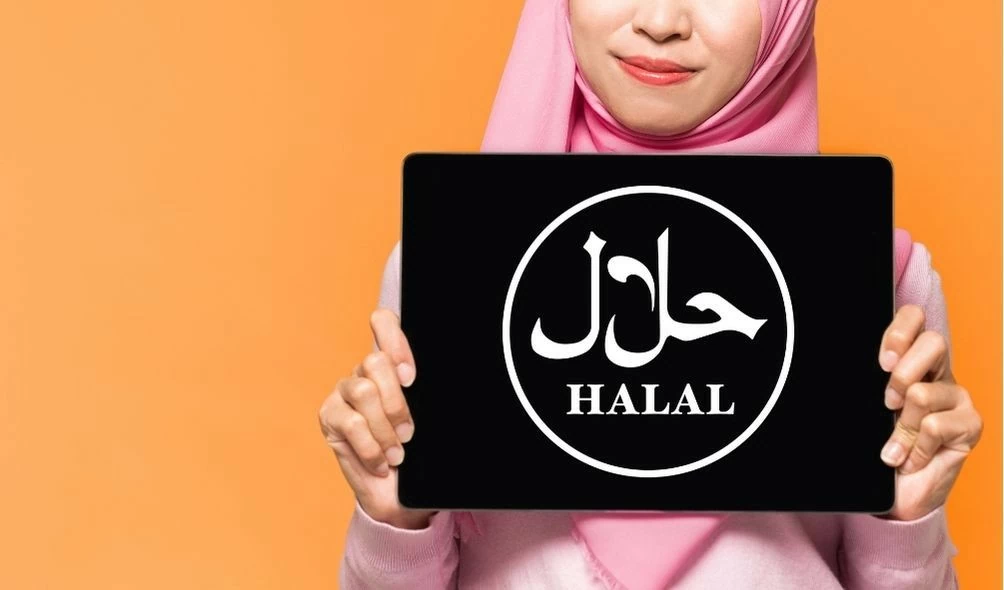 |
| Halal has become a symbol of the norms, culture and lifestyle of the Muslim community. (Source: Food Diversity Today) |
“Halal” is an Arabic term meaning “permitted” or “lawful”, as opposed to “Haram” which means “not permitted” or “forbidden”.
Today, Halal is a comprehensive standard, covering many aspects of life, from food to finance, fashion and even business ethics. The Halal industry is estimated to be worth trillions of dollars, spread all over the world.
The exponential growth of the Muslim population, coupled with increased awareness and adherence to Halal practices, has fueled this market to grow exponentially.
From the standards of morality, beliefs…
In the food processing and catering industry, Halal is considered the highest standard and is applied very strictly. This standard is a measure of the suitability of raw materials and food processing processes according to Islamic law. Halal prohibits the consumption of foods such as pork, dog meat, blood, dead animals, alcoholic beverages, etc.
Halal standards require transparency throughout the entire production process, ensuring food quality for consumers. Halal-certified foods are renowned for their high standards of hygiene and health safety. These strict regulations always prioritize purity and quality, requiring a high level of hygiene and safety, ensuring that there are no additives or preservatives that are harmful to health.
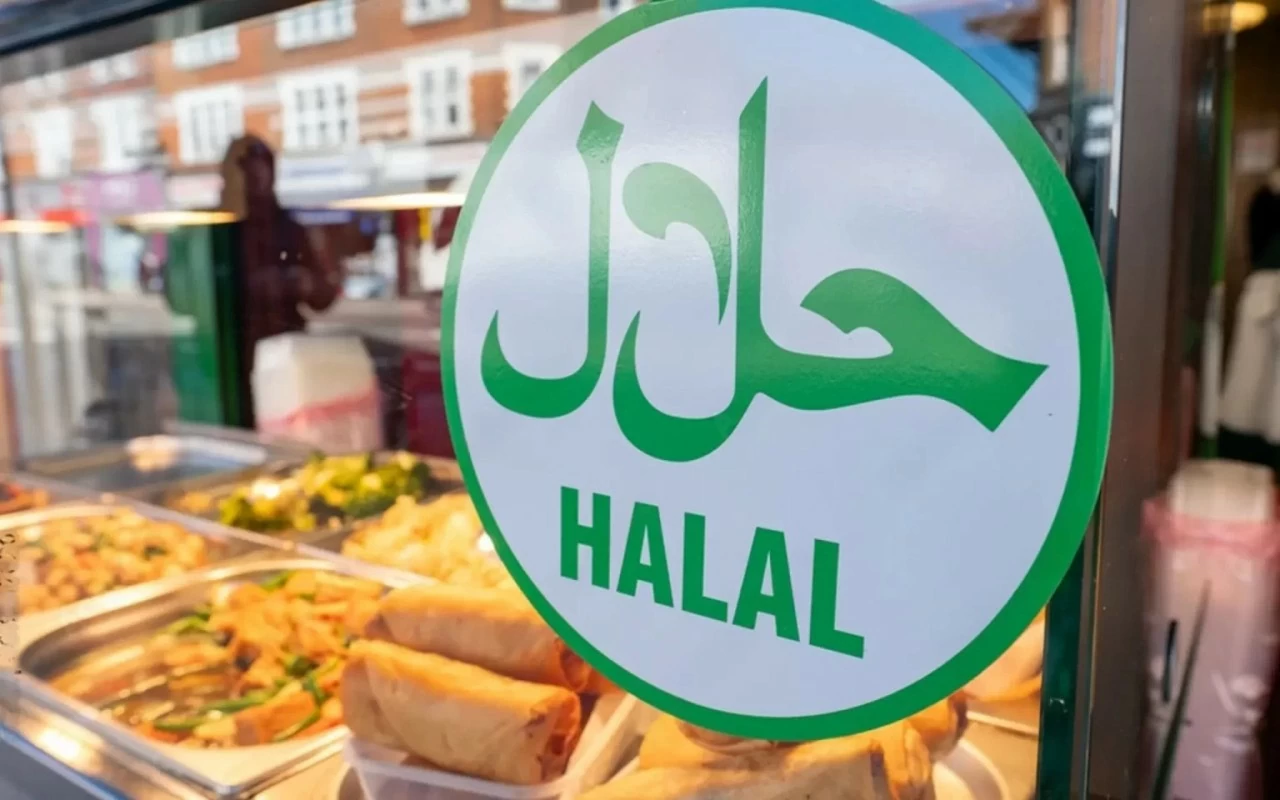 |
| In the food processing and catering industry, Halal is considered the highest standard and is applied very strictly. (Source: United Certification) |
In addition, consuming Halal food is also an ethical act based on the principles of compassion. Animals are slaughtered humanely, without causing pain or fear; and must be done in the name of "Allah", showing respect and gratitude for a life sacrificed for human life.
Therefore, Halal standards demonstrate the highest compliance with Islamic law by food manufacturers and processors; reflecting strictness in food hygiene and safety, as well as social responsibility from environmentally friendly production processes.
Today, Halal food is becoming an important part of the global supply chain. In many countries, Halal food is not only for Muslims but also for non-Muslim consumers, opening up opportunities for exchange between different ethnicities and religions.
In particular, Halal does not stop at food standards, but many other products such as cosmetics, pharmaceuticals, and even clothing must comply with strict standards. This requires all materials serving the Halal market to be obtained from legal sources according to Islamic regulations, without causing harm to the environment and the community.
In business, Halal standards are applied to ensure that all transactions are transparent, without fraud or exploitation. Halal finance, also known as Islamic finance, prohibits interest-based lending, is regulated by the principle of fairness, and does not accept undivided risk.
Another aspect of Halal culture is fashion. No longer just a religious standard, Halal fashion is gradually becoming a global trend, with a blend of tradition and modernity. Major brands are increasingly focusing on developing clothing lines that meet the needs of Muslim consumers while still maintaining the aesthetics and style of the integrated world. In particular, Halal fashion also shows respect for the environment and people when designers pay more attention to using sustainable materials that are not harmful to animals and the environment.
…to bridge cultures, towards the world
Halal has long gone beyond food standards, becoming a symbol of the culture and lifestyle of the Muslim community.
In Islamic culture, Halal is not only a religious ritual but also associated with ethical values such as honesty, transparency and compassion. This reflects the Islamic philosophy of protecting life and maintaining the natural order.
Adherence to Halal principles demonstrates the inseparable relationship between religious beliefs and ethical values in the lives of Muslims. Specifically, a diet that follows Halal principles has a profound impact on lifestyle and social interactions, bridging the gap between beliefs and daily practices.
This principle is mentioned in the Quran: “Who has the right to forbid the beauty and goodness that God has bestowed upon His creatures from among the things necessary for the maintenance of life?” .
Therefore, Halal is a symbol of an ethical and spiritual lifestyle, helping to strengthen faith and unite the global Muslim community.
In particular, the increasing popularity of Halal products globally has contributed to changing the international community's perception of Islamic culture, promoting understanding and mutual respect between different countries and religious communities.
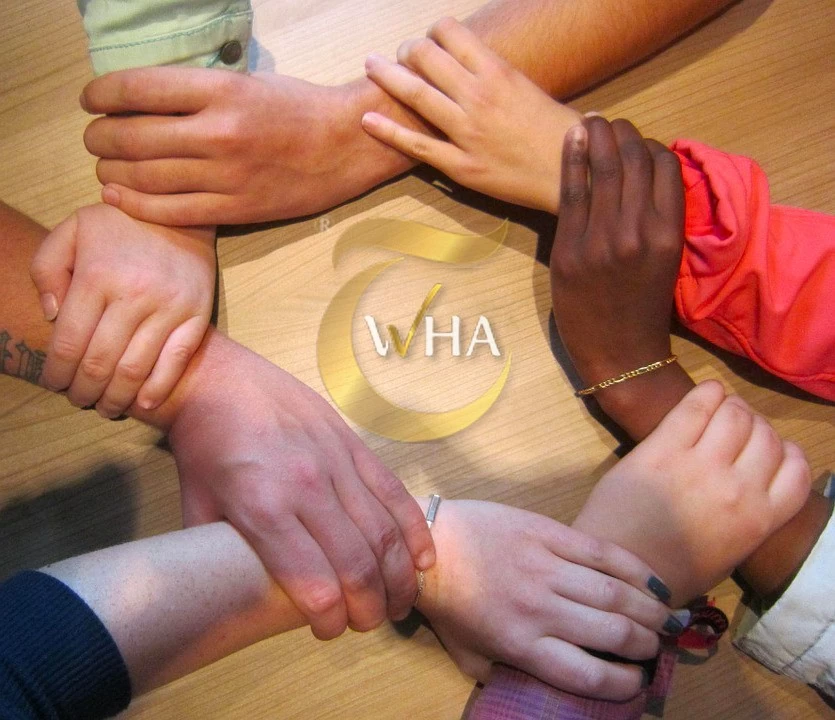 |
| Halal also plays a role in connecting countries and different cultural and religious communities. (Source: World Halal Authority) |
However, the globalization of the Halal market also brings many challenges and controversies, forcing businesses and management agencies to find their own way if they want to enter this industry. From strict rules to achieve Halal certification to different cultural perspectives, businesses are required to be sensitive, adjust ingredients and brand messages to truly match Islamic values.
Despite the challenges of standardization and local culture, efforts from organizations such as the World Halal Council (WHC) and the Organization of Islamic Cooperation (OIC) are facilitating the path of globalization of the Halal market. Collaboration among stakeholders plays a vital role in addressing the obstacles and shaping a sustainable, inclusive future for this unique industry.
In short, the Halal standard is a symbol of a lifestyle, a culture that respects ethics, spirituality and sustainability. Especially in the modern world, when traditional values and consumer needs are promoted, the Halal standard further affirms its position, bringing Islamic values deeply into the lives of different cultural communities.
* This article is a synthesis of the documents "Halal Standards in the Age of Globalization: The Current Situation in Muslim Minority Countries and the Responsibilities of Muslim Majority Countries" by Kyushu International University (Japan) and "A Study Of Halal Food From Islamic Principles To Contemporary Food Culture" by Migration Letters Magazine.
Source: https://baoquocte.vn/halal-standards-infuse-the-hoi-giao-vao-tung-ngoc-ngach-doi-song-286459.html



![[Photo] Prime Minister Pham Minh Chinh chairs meeting to remove difficulties for projects](https://vstatic.vietnam.vn/vietnam/resource/IMAGE/2025/3/30/7d354a396d4e4699adc2ccc0d44fbd4f)
![[Photo] Ministry of Defense sees off relief forces to the airport to Myanmar for mission](https://vstatic.vietnam.vn/vietnam/resource/IMAGE/2025/3/30/245629fab9d644fd909ecd67f1749123)



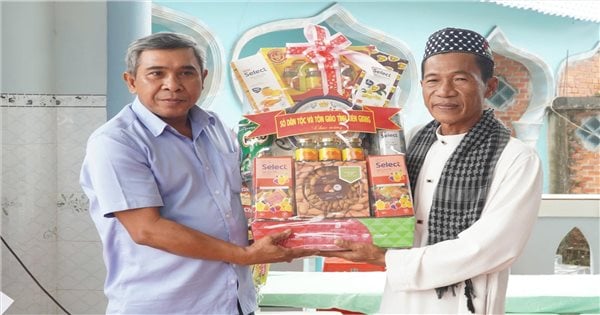

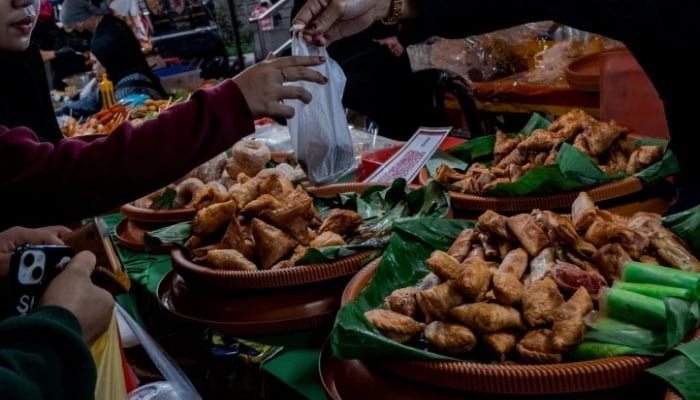

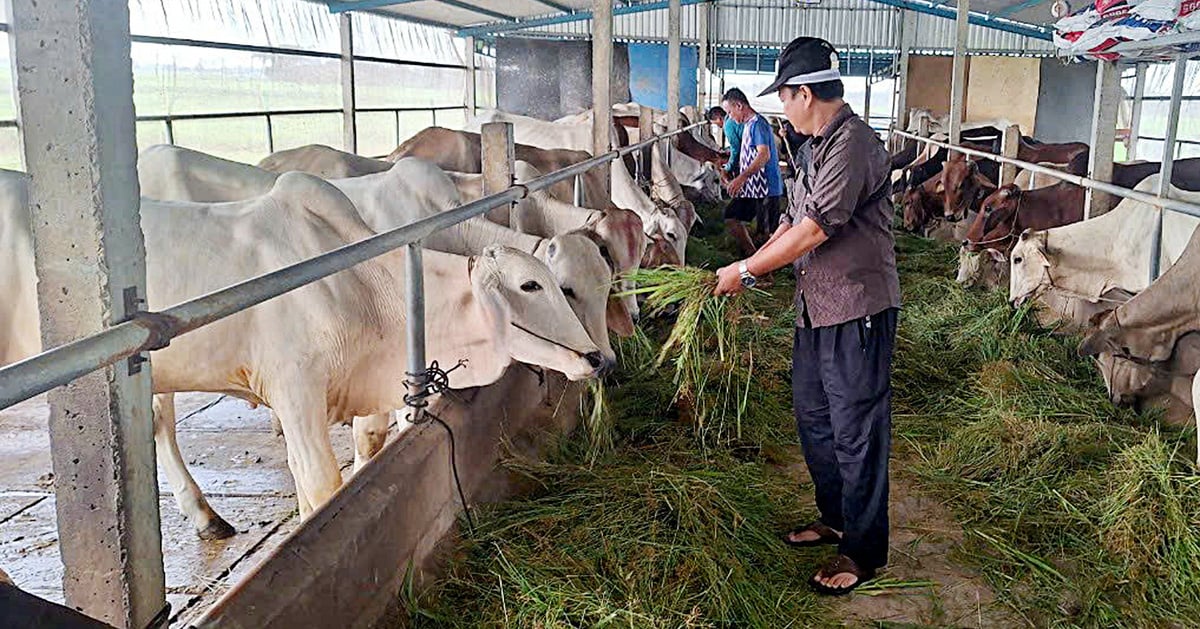

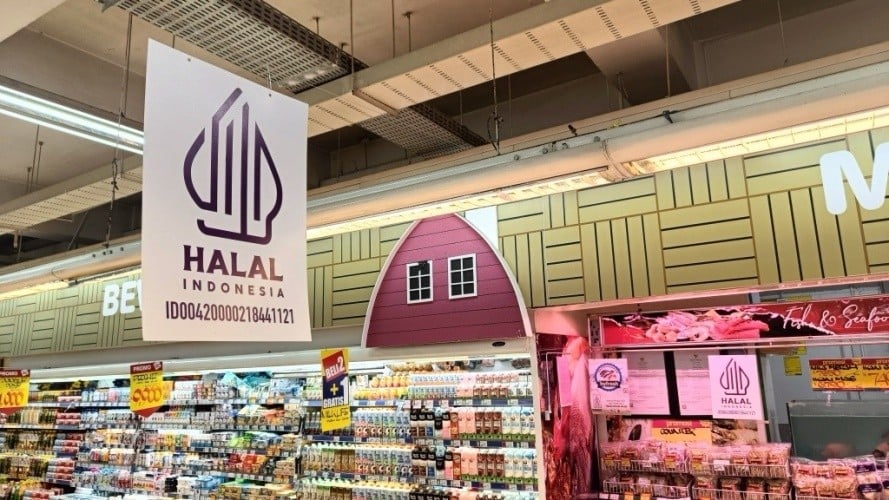
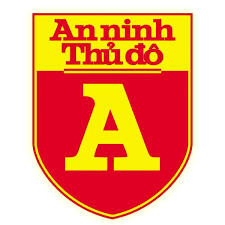

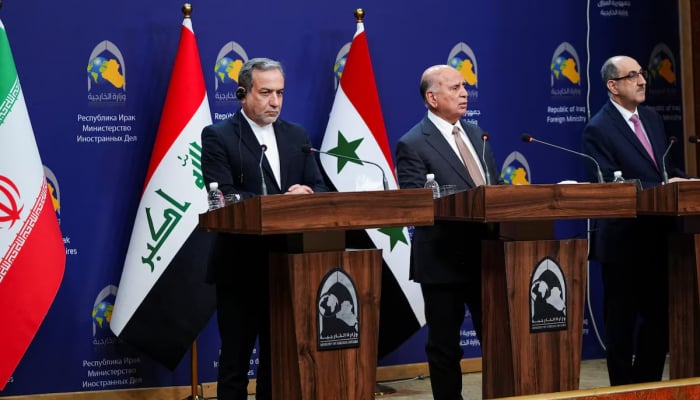
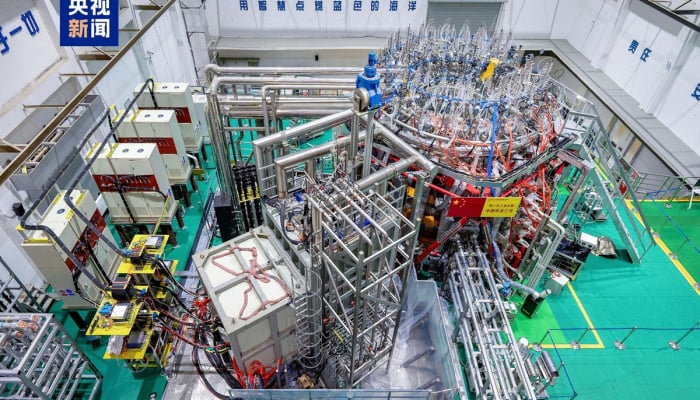
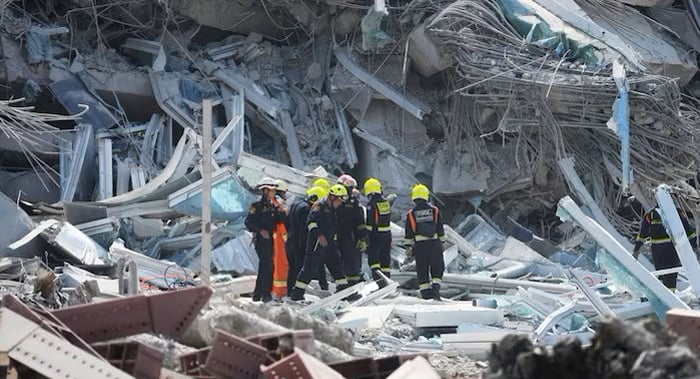

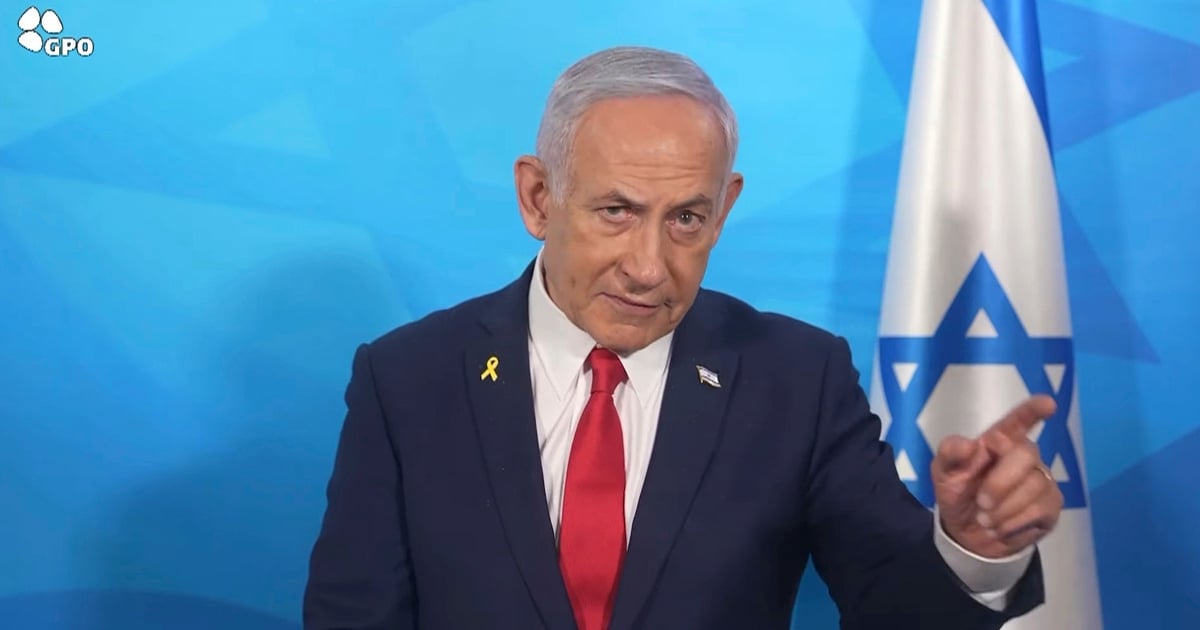
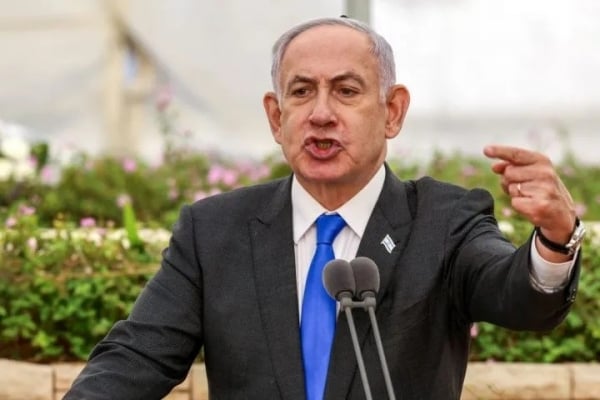
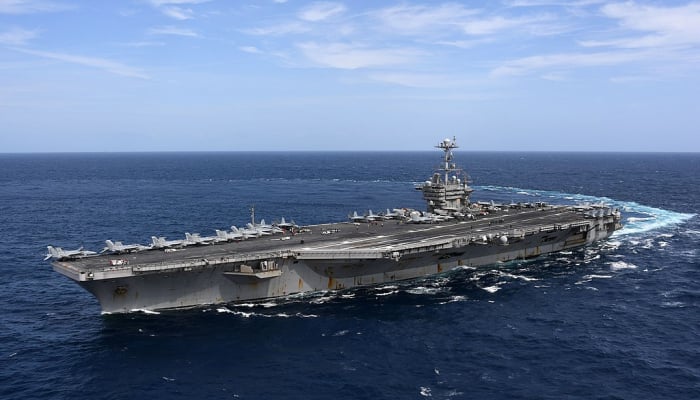




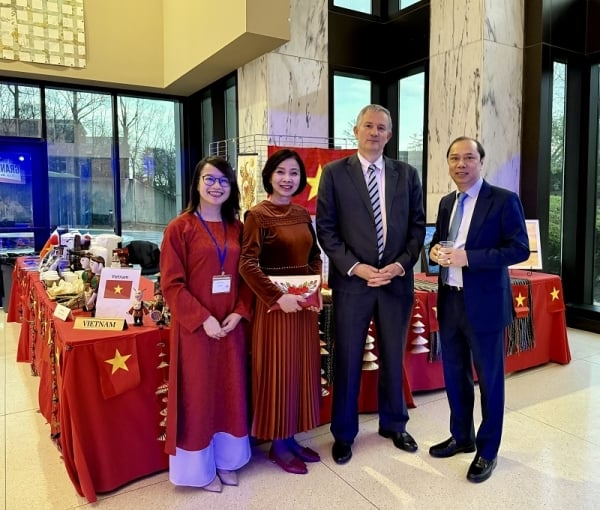
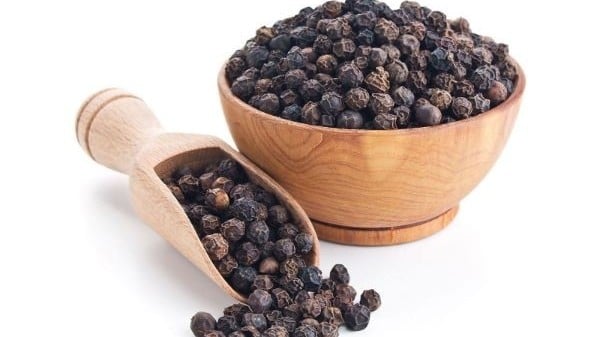

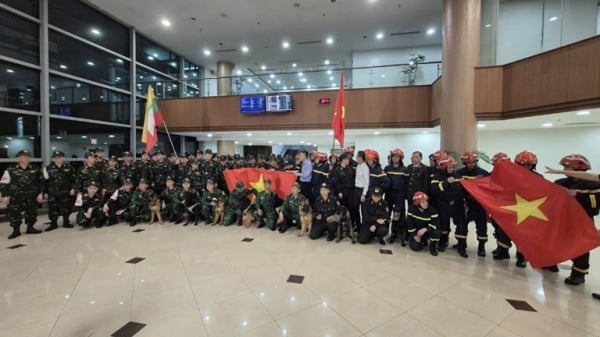

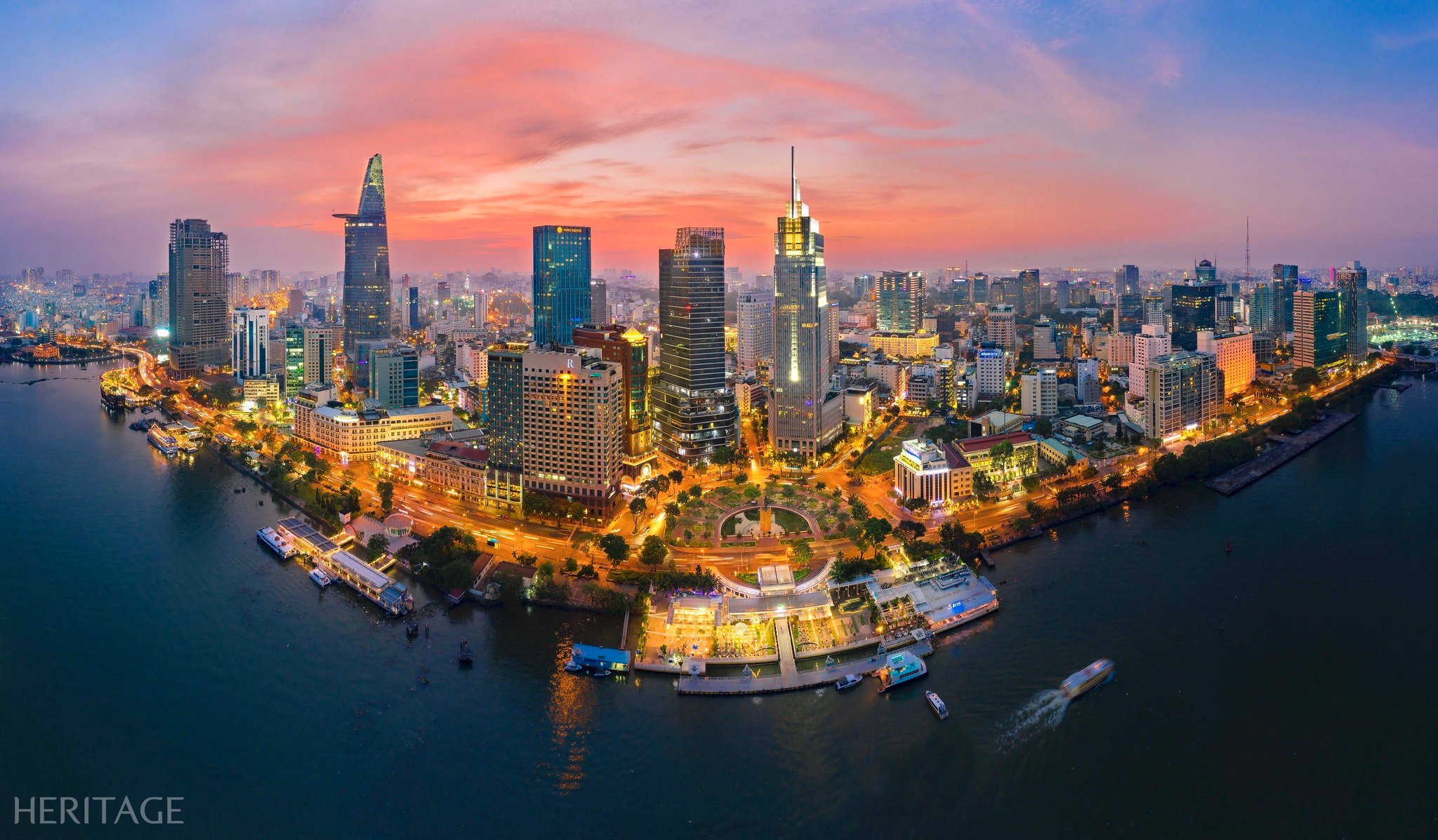

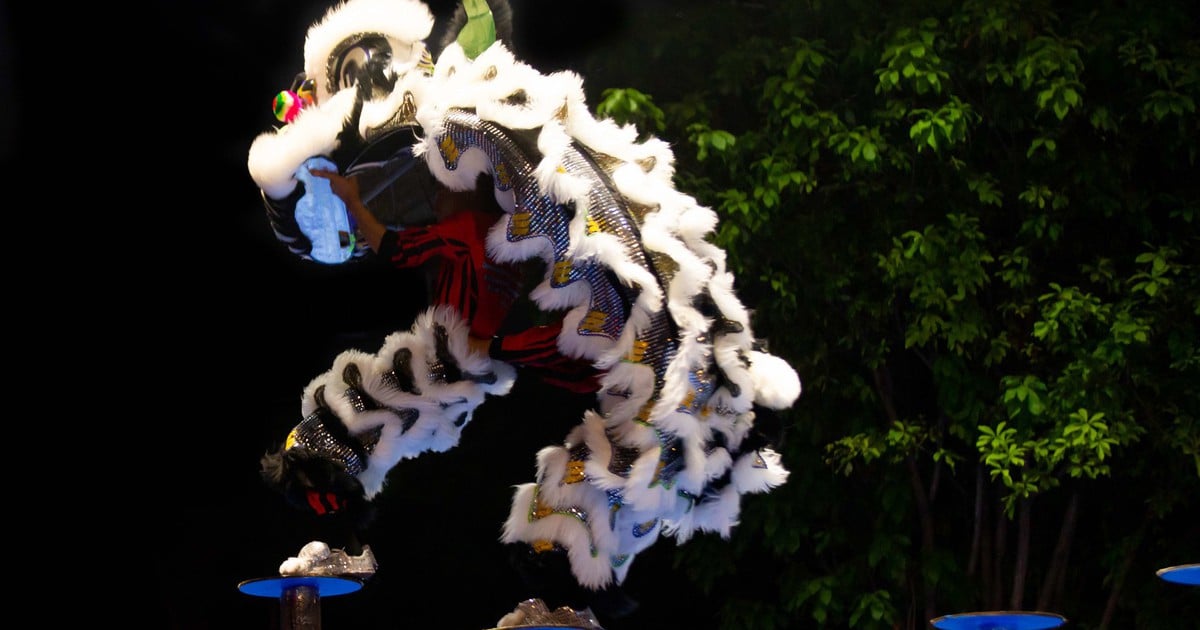

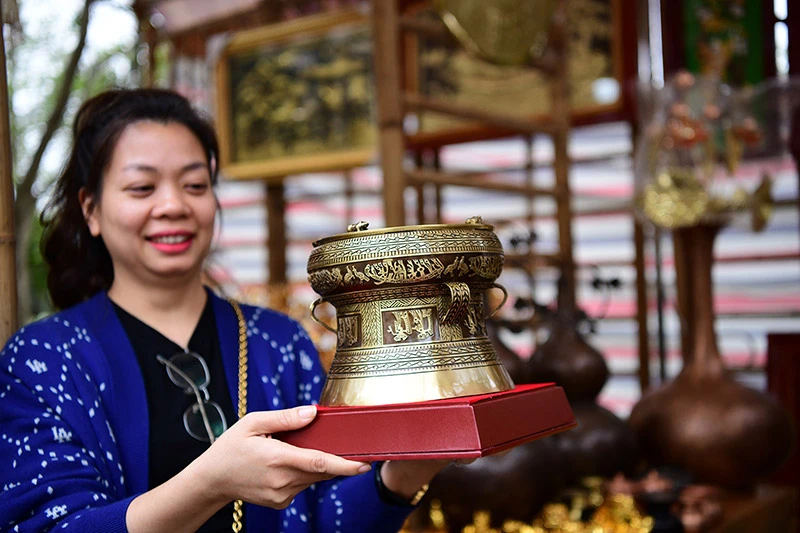

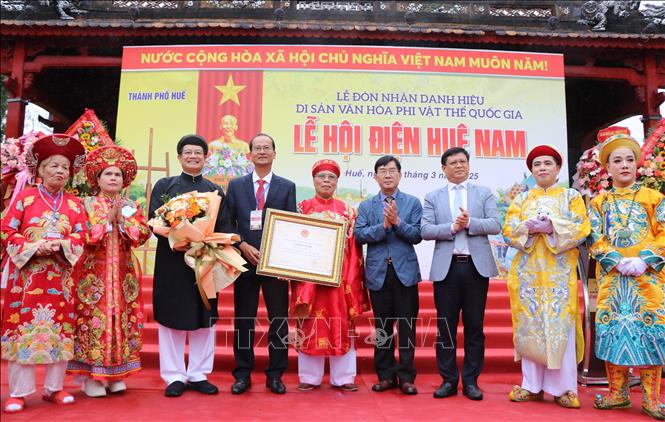

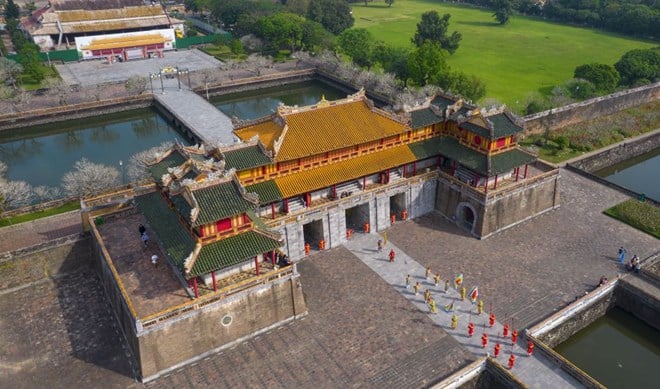



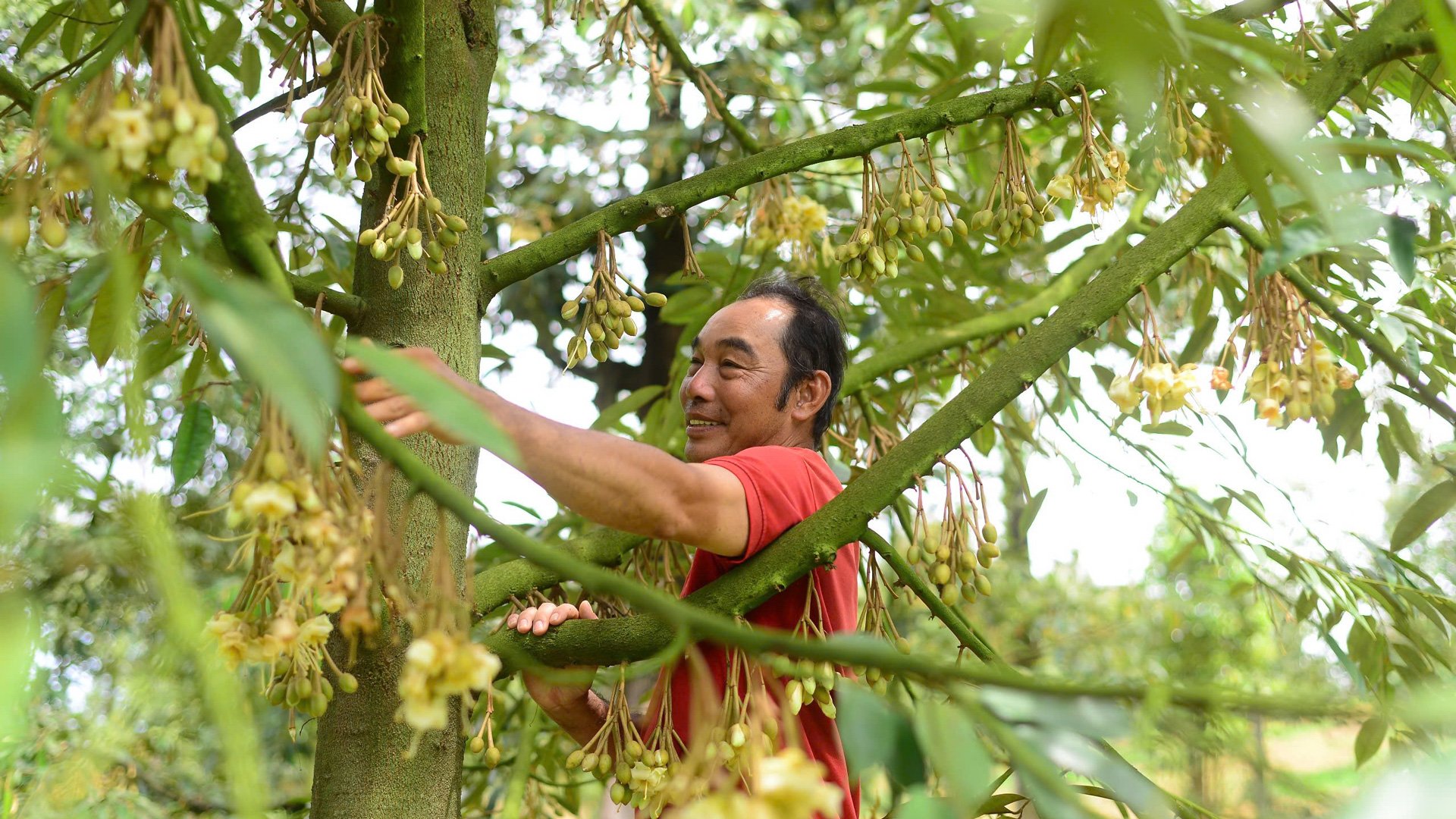







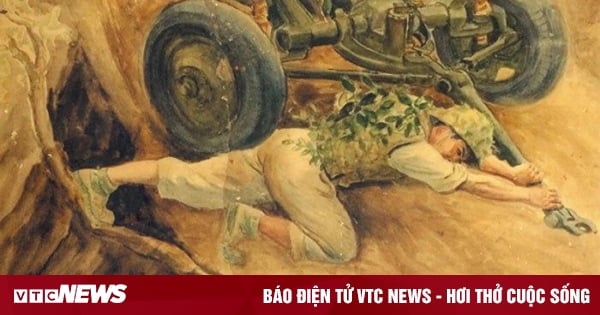

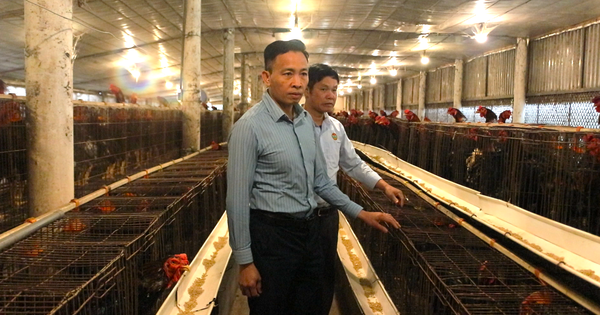








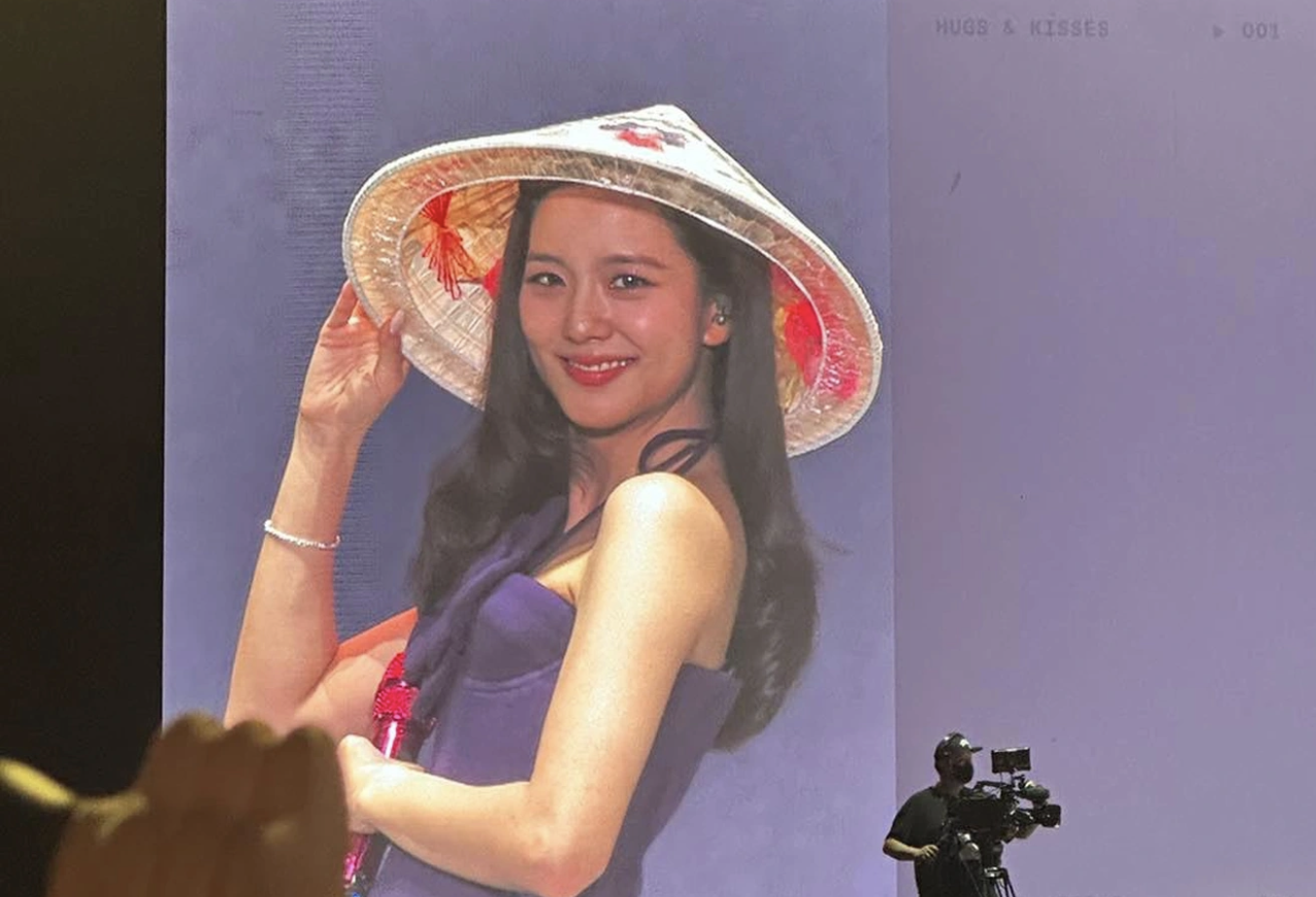



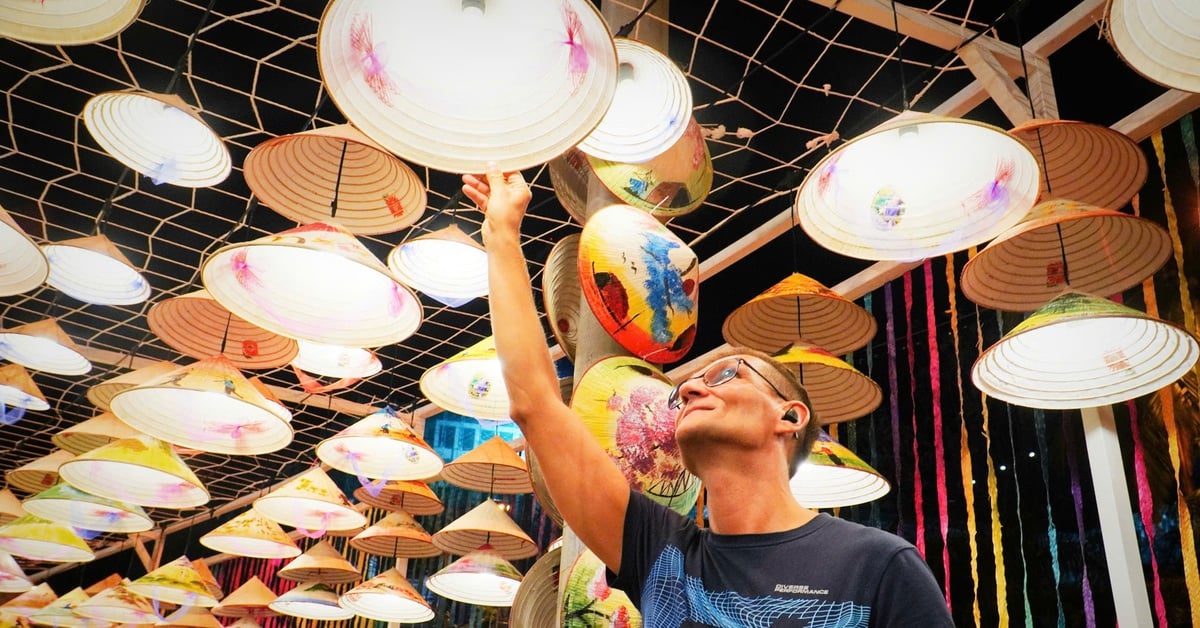
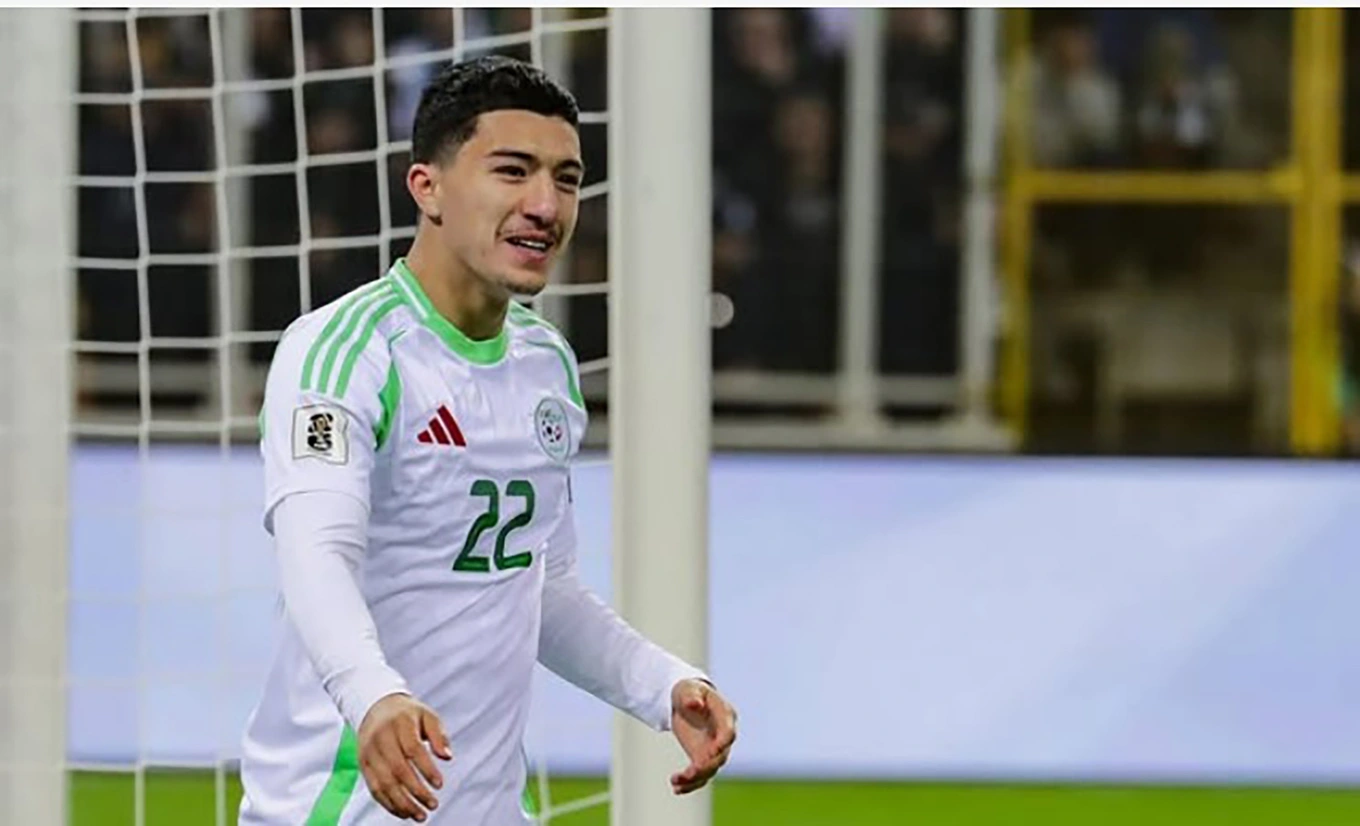
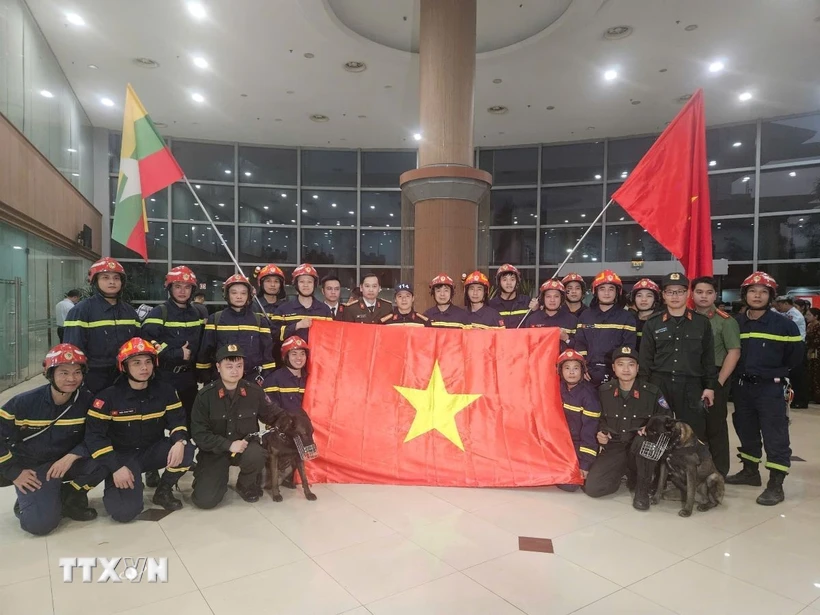

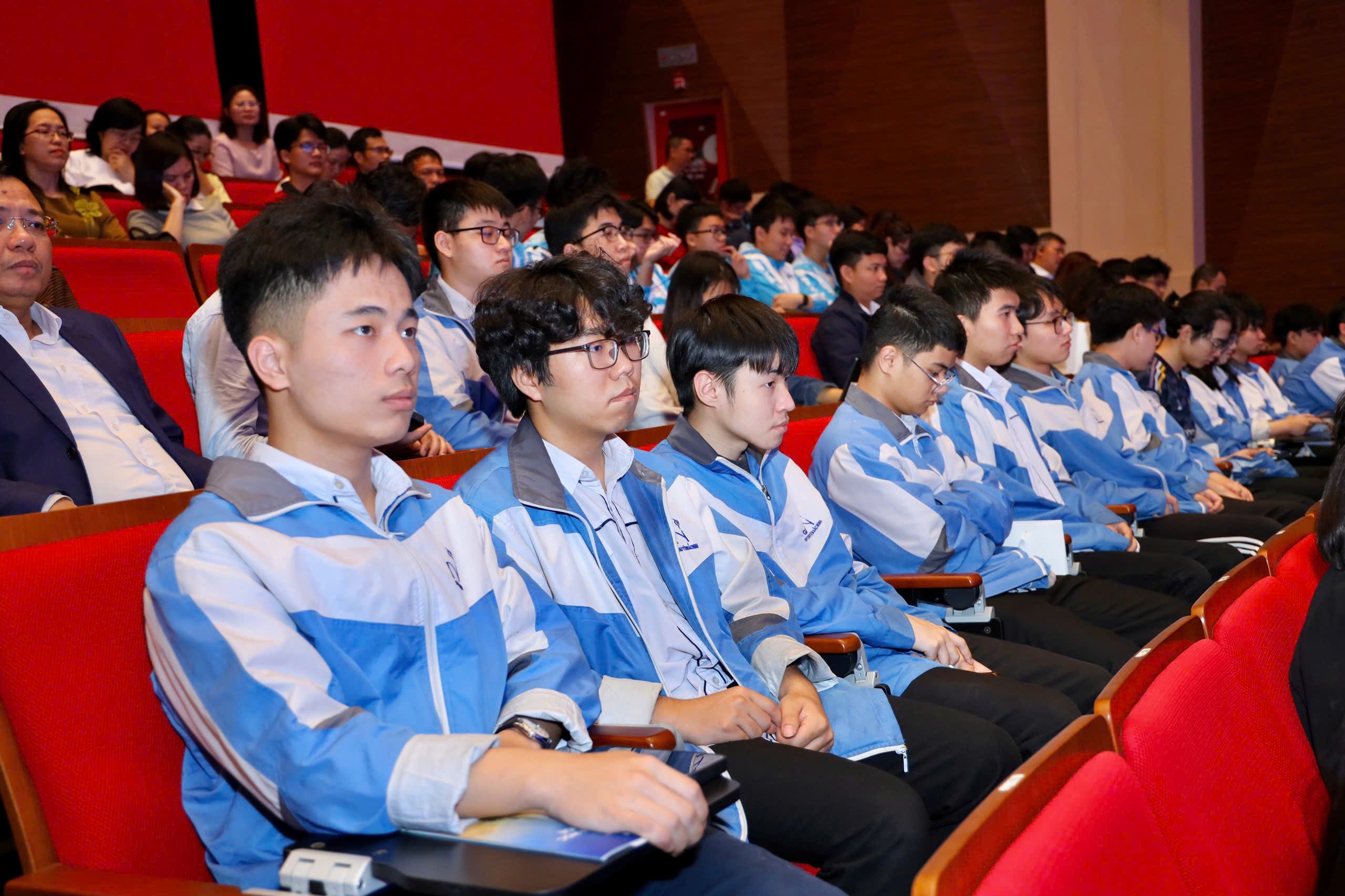

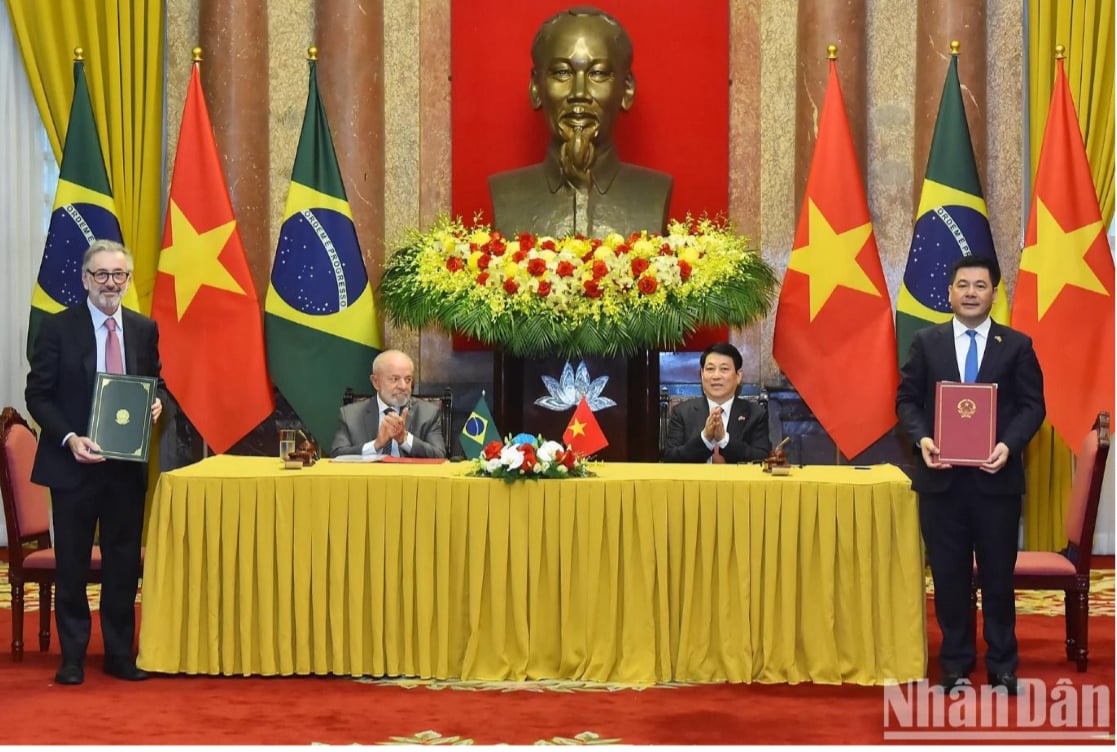

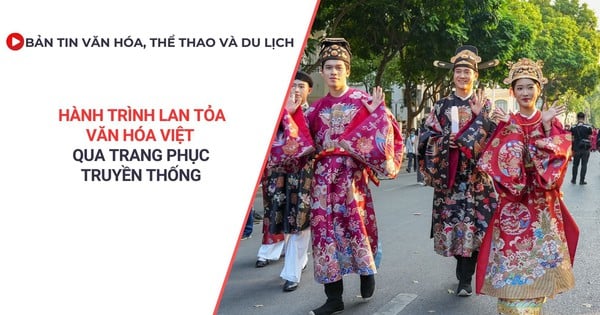

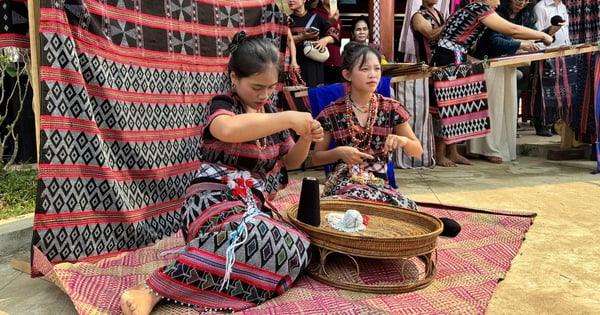
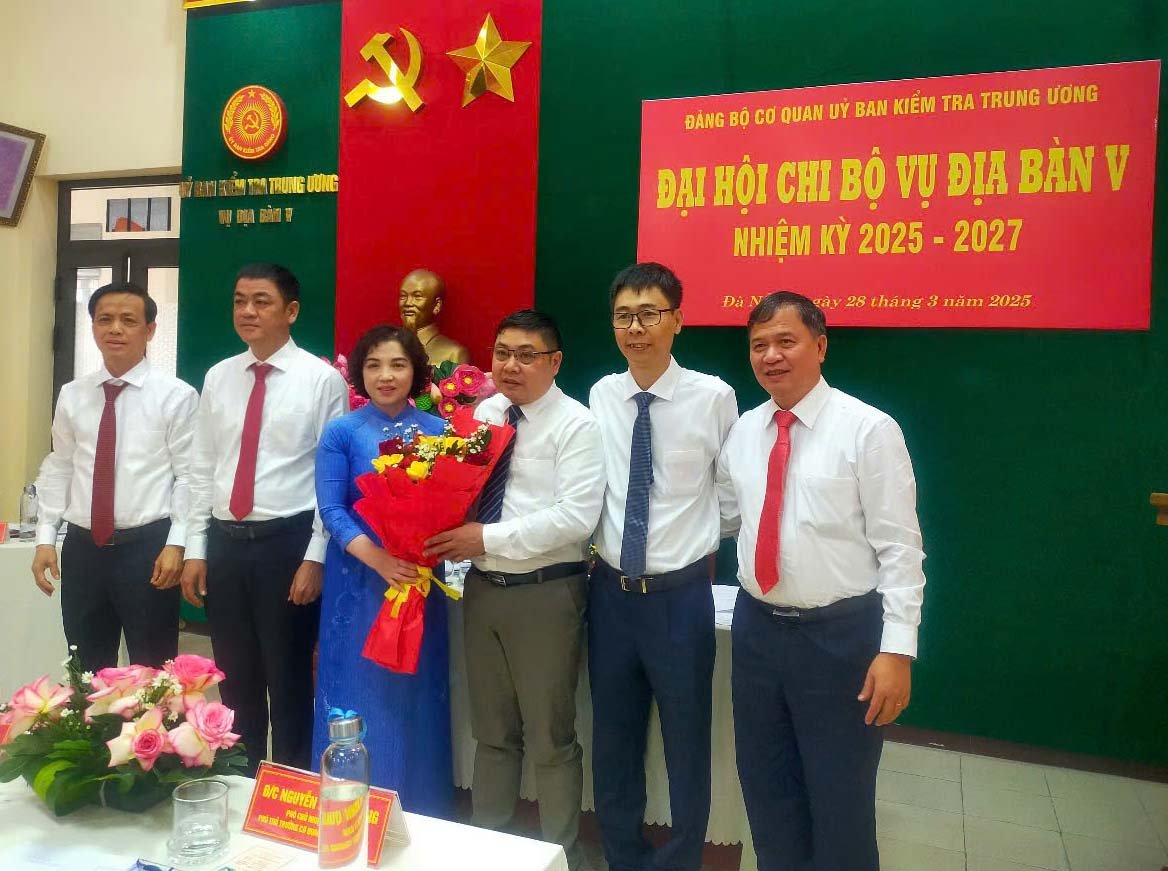

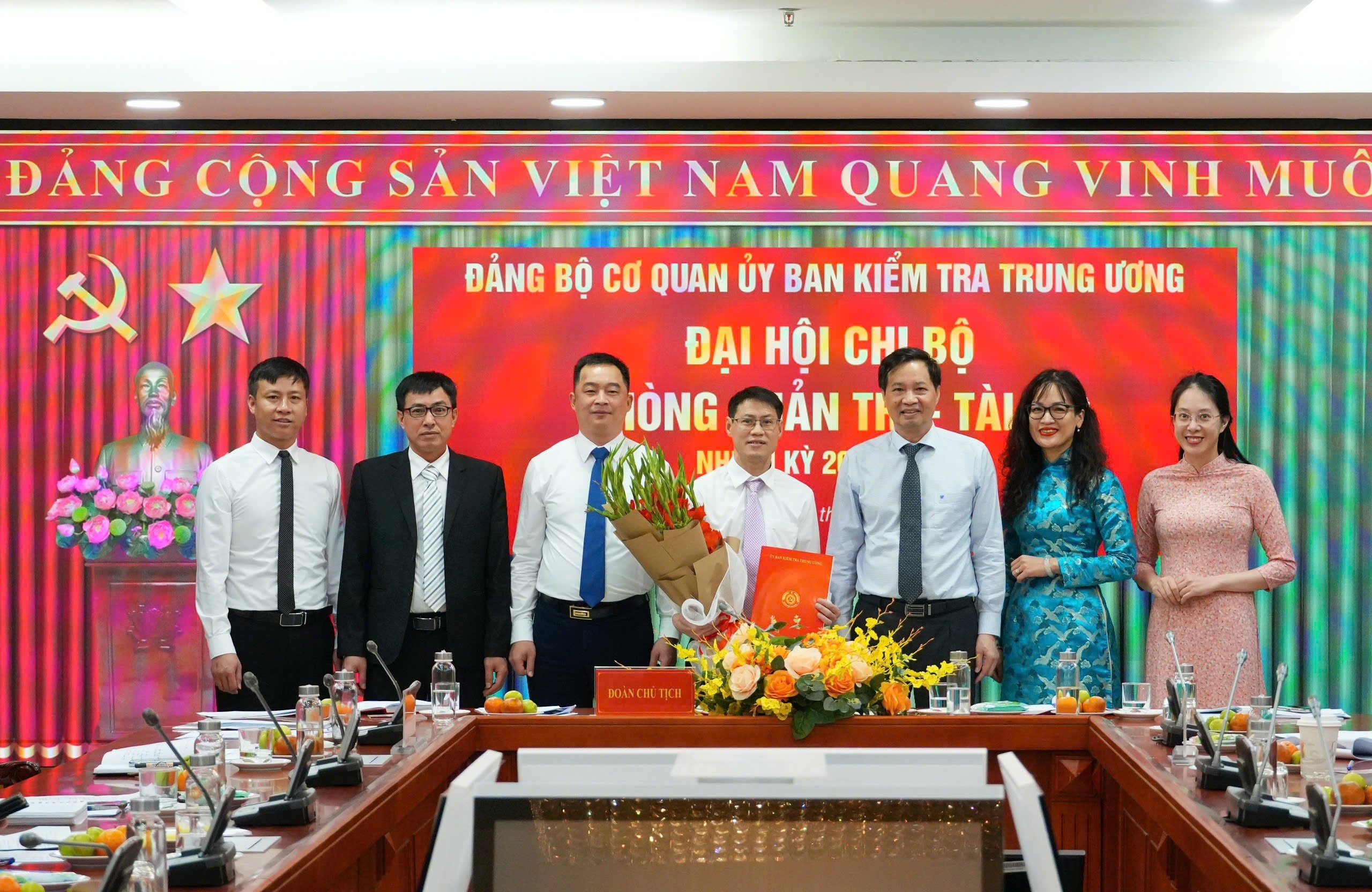















![[REVIEW OCOP] An Lanh Huong Vet Yen Cat](https://vstatic.vietnam.vn/vietnam/resource/IMAGE/2025/3/27/c25032328e9a47be9991d5be7c0cad8c)



Comment (0)